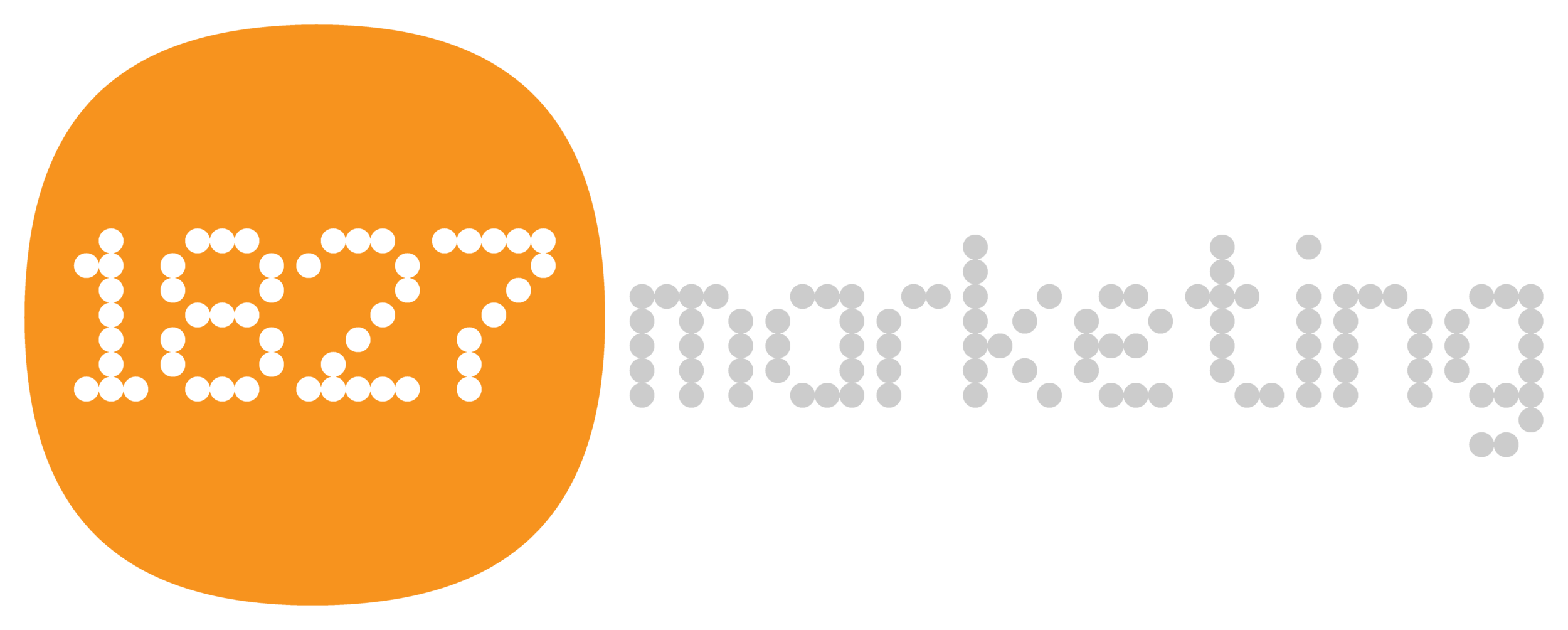Innovation series - How Innovation creates new jobs and changes the world of work
Sitting as a passenger in an Uber, it’s glaringly clear that the person employed to operate the wheels and pedals according to GPS navigation will be out of a job once self-driving cars become the norm. It is anticipated that truck drivers - of whom there are surprisingly many - will face the same fate.
What might not be so clear is the impact that self-driving cars might have on short-haul flights. Who would choose the misery and inconvenience of short distance air travel in India, Brazil, China, the US, Europe and elsewhere when self-driving cars would give you door-to-door service, the chance to work or nap, and the benefit of having a car with you for your stay? Self-driving cars will put airplane pilots, air stewards and airport workers out of work. They may close down some airlines.
Could self-driving cars put air stewards out of work?
Our current wave of digital, technological and industrial change has the potential to transform more than their immediate markets. Will new jobs spring into being as these old ones are eradicated? It has happened previously, but are things different this time? This last article in our series on Innovation and Personal Development looks at how ways of making a living have been newly created or totally destroyed by innovation and automation. We’d love to hear your views on whether, this time round, people will be left with enough work to do.
The term "going to work" used to mean a 9 to 5 job for life, a well-defined career path and collecting a pension. But work as we knew it has shifted, creating new opportunities while making others obsolete. The employment landscape looks vastly different now and will be so again in the future. Digital innovation over the past decade has radically altered the job landscape, with the internet, Artificial Intelligence, advances in data storage and processing capabilities, and advanced robotics making fundamental changes. The roles of the future will mirror science-fiction dreams that are already becoming a reality.
While today's employees must prepare to adapt to the demands of tomorrow's technology, it is important to hold on to those traditional skills that will continue to be crucial to future strategic innovation initiatives. While the evolution of technology continues to create jobs that didn't exist 20 years ago, this is nothing new. Just think back a few decades to when the mass ownership of cars meant the world needed a lot more mechanics, and before computers there was no such thing as the IT professional.
In just the past few years, the internet and the rise of social media has created new roles such as UX designers, web specialists, social influencers, YouTubers, AI developers, and social media managers. We are working in ways that even Gen Xers would have found incomprehensible as they entered the job market. Twenty years ago, remote working and location independence, along with a whole swathe of roles we think of as commonplace now, were non-existent.
The question for workers as we approach 2020 is, what changes to the job market should we be anticipating, what will new roles look like, and what types of skill sets will be needed?
Should we be concerned?
The impact of technology, machine learning and AI has already disrupted many industries and roles within the job market. Jobs that were assumed to be untouchable by robots (work in creative fields such as writing and logo design, for example) have also been affected. A study done by the University of Oxford in 2013 said 47% of jobs in the US were under threat of automation in the next two decades. McKinsey's 2017 report indicates 800 million jobs could be lost to automation by 2030.
While the pace of innovation is destroying and changing jobs, emerging technologies are also creating new ways of working and are requiring new skill sets. As Nesta's Future of Skills report highlights, new roles are and will be emerging all the time. For example:
Head of Business Behaviour
Employee behaviour is a central component of the work culture. The head of business behaviour analyses the data and manages change and innovation through employee engagement, well-being and productivity.
Technology created UX designers. Now Voice UX Designers are required
Voice UX Designer
This role will take centre stage in the coming years as companies include voice as a part of their innovation strategy. Studies have shown that voice design improves the completion of tasks and helps optimise work with virtual workers for pattern matching and next steps.
Marketing Design Architect
This role will encompass several functions in creative services. This person must be able to create, write, and have considerable technical skills to infuse AI and other elements into what they do.
Virtual Identity Defender
It's easier than ever to create false information and make it look real. With so much at stake, the demand for professionals in this area to help combat "fake news" will continue to grow.
Smart Home Design Manager
The traditional interior designer evolves as the need to make smart living seamless takes hold. They will be immersed in the latest tech trends, be able to blend traditional and contemporary styles and have a background in both traditional and technological architecture.
Besides automation, the future landscape of employment has additional influences to consider such as environmental stability; urbanisation; increasing inequality; political uncertainty; technological change; globalisation, and demographic change.
New skills, new ways
People need to be creative in how they develop their skills if they want to be agile in an ever-changing landscape. But what sort of skills will be critical to the future workplace?
While technology will continue to evolve and cause disruption, soft skills will always be valuable. Focusing on developing your conflict, time, stress and change management, as well as communication skills, will never be a waste of effort. Although technology will dominate the way some roles are carried out, there will always be a need for productive people with excellent customer service and communication skills, and a high degree of emotional intelligence. Additionally, essential skills that will be needed involve critical thinking, creativity, people skills, complex problem solving, mental elasticity and interdisciplinary knowledge.
As automation takes over background work, creativity and interpersonal skills will be more valued
The four "E's" serve as the meter of their usefulness. Employers base their needs with these in mind: Is it eternal? Enduring? The ability to sell, creativity, empathy, trustworthiness, helpfulness, and imagination will never go away. Emerging? People will need skills that align with the complexity and speed of new work requirements. Eroding? Assessing your skills to make sure they meet modern demands is vital. Consistently checking on new skills needed and removing your focus from developing eroding skills is critical.
How will people re-skill for the market's changing demands, and how will it be done in the future? A survey by Udemy indicates 46% of US employees have a side hustle. It's this side hustle that is fueling the wave of re-skilled employees who view this as an opportunity to learn something new. With so many free courses readily available online, as well paid platforms like Lynda.com, individuals are taking their personal development into their own hands, foregoing the reliance on an employer to assist in helping acquire these skills. In the future, people will continue to seek ways of gaining new abilities through educational programs, internships, part-time jobs and free resources.
Future Employability
Can people make themselves more employable if they apply to themselves the same innovative approaches that businesses use to create new products and services? It is no secret - future workers will need a broader knowledge base to be successful, in addition to technology-based skill sets. Employees must look at their future careers strategically, outlining what they already have, what gaps they need to fill, and have a plan to get there.
People are struggling with the impact of machine learning and artificial intelligence. The world as we know it is being transformed, with traditional forms of work being eliminated. That's pretty scary. How can you plan for a future like that? There are genuine concerns for people in the marketplace; not everyone is going to be able to retrain. Some people even think we're going to have to rethink the job market and capitalism radically by introducing a form of universal wage.
Entirely new jobs can arise - In the 1990s Zumba created the role of Zumba Instructor
While it is undeniably true that these are challenging times and innovative and radical societal solutions need to be considered, individuals also need to take personal responsibility where they can for their development and ability to remain competitive. That means watching the trends to get into those areas that will be in high demand or always needed. A personal growth and professional development strategy should also include relevant trends like an ageing population, urbanisation, and other factors that will significantly affect current and future workers.
The way the workforce is shifting, people need to be prepared to have several careers in life. The opportunity is there for people to learn how to work in new ways, with greater freedom and flexibility in pursuing more dynamic careers. Adopting this mindset is imperative in effectively preparing for the future.
Who knows what the future will bring? All we can say is that at 1827, we're immersed in automation and we're pretty busy! Give us a call to see how we can help you get ready for the future now.






YouTube isn’t just a video platform; it’s the world’s second-largest search engine and a major source of business influence. Yet most B2B brands squander its potential with uninspiring content. Here’s how to create videos that actually get watched.